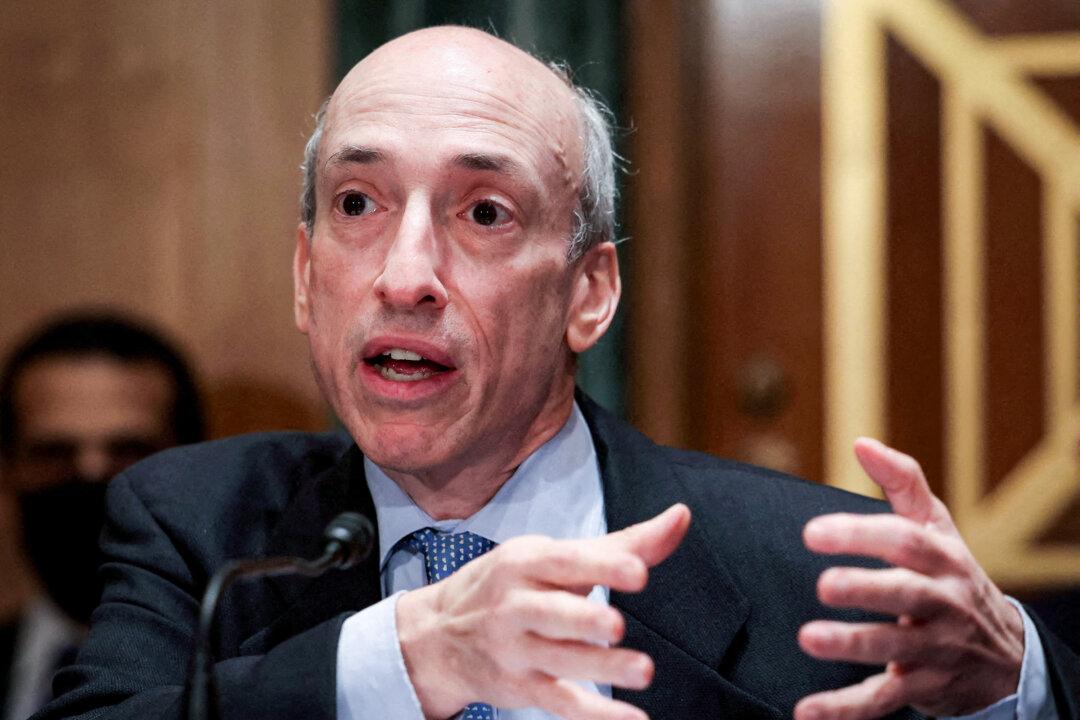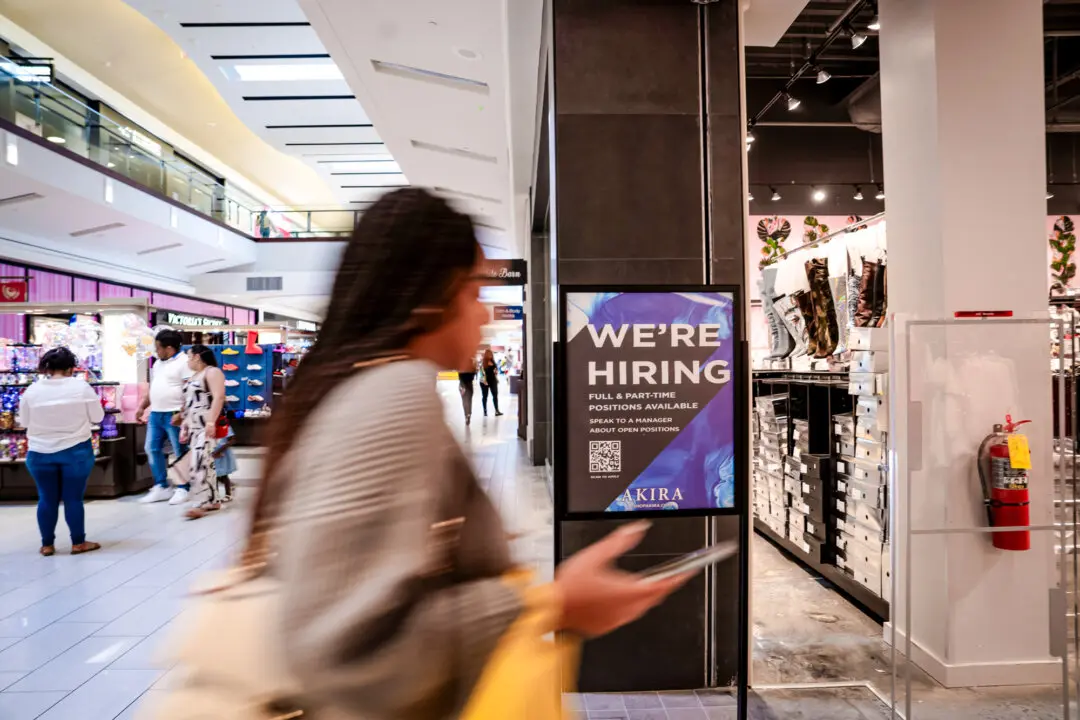Securities and Exchange Commission (SEC) Chair Gary Gensler warned that a centralized artificial intelligence (AI) could produce a “fragile” financial system.
Speaking at a virtual discussion hosted by non-profit consumer rights advocacy group Public Citizen, Mr. Gensler again sounded the alarm over the growth and centralization of AI, asserting that it could be similar to today’s search engine and cloud services where only a handful of companies are dominating the market.





